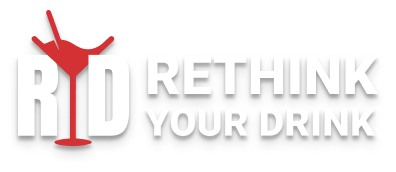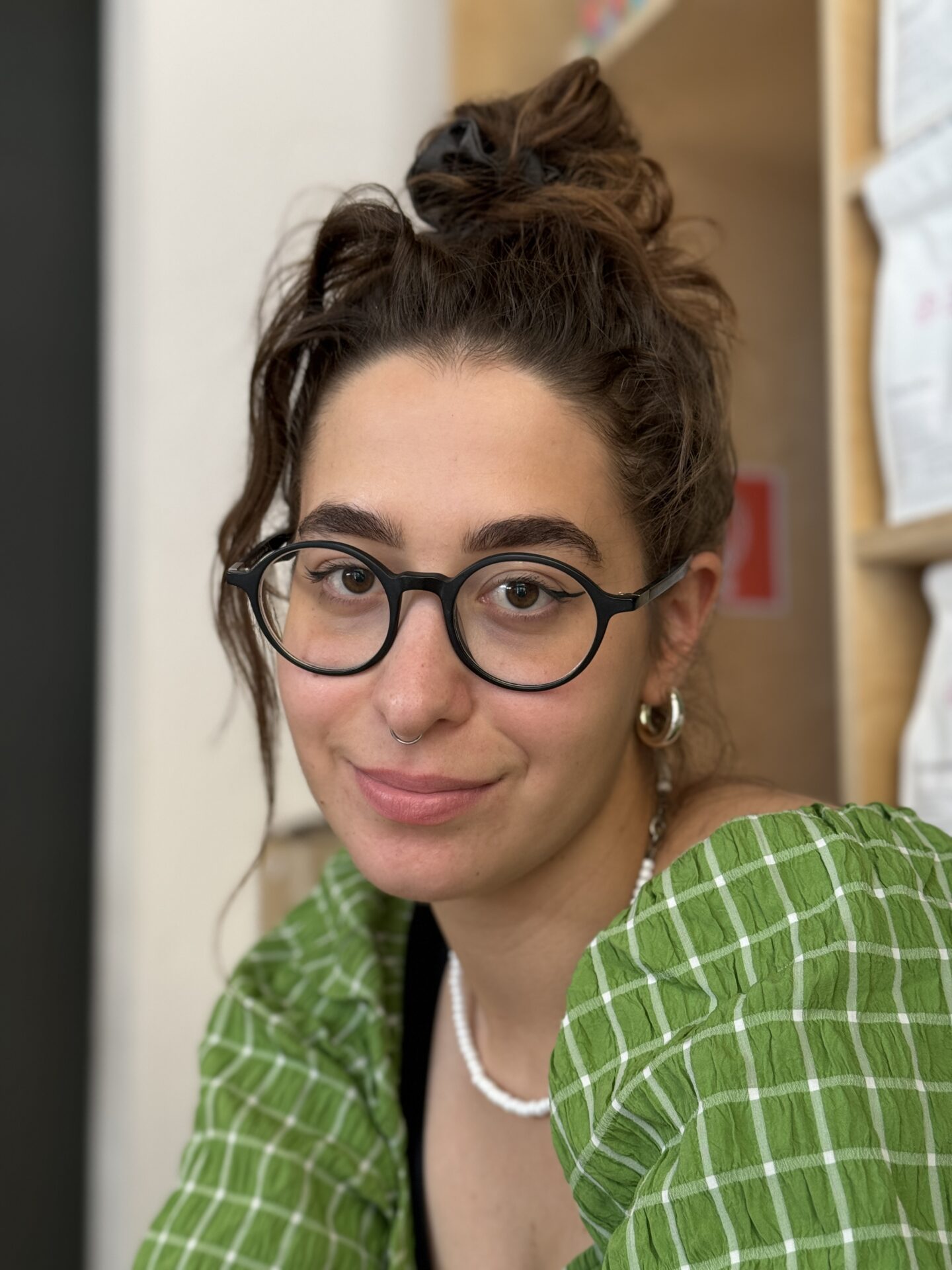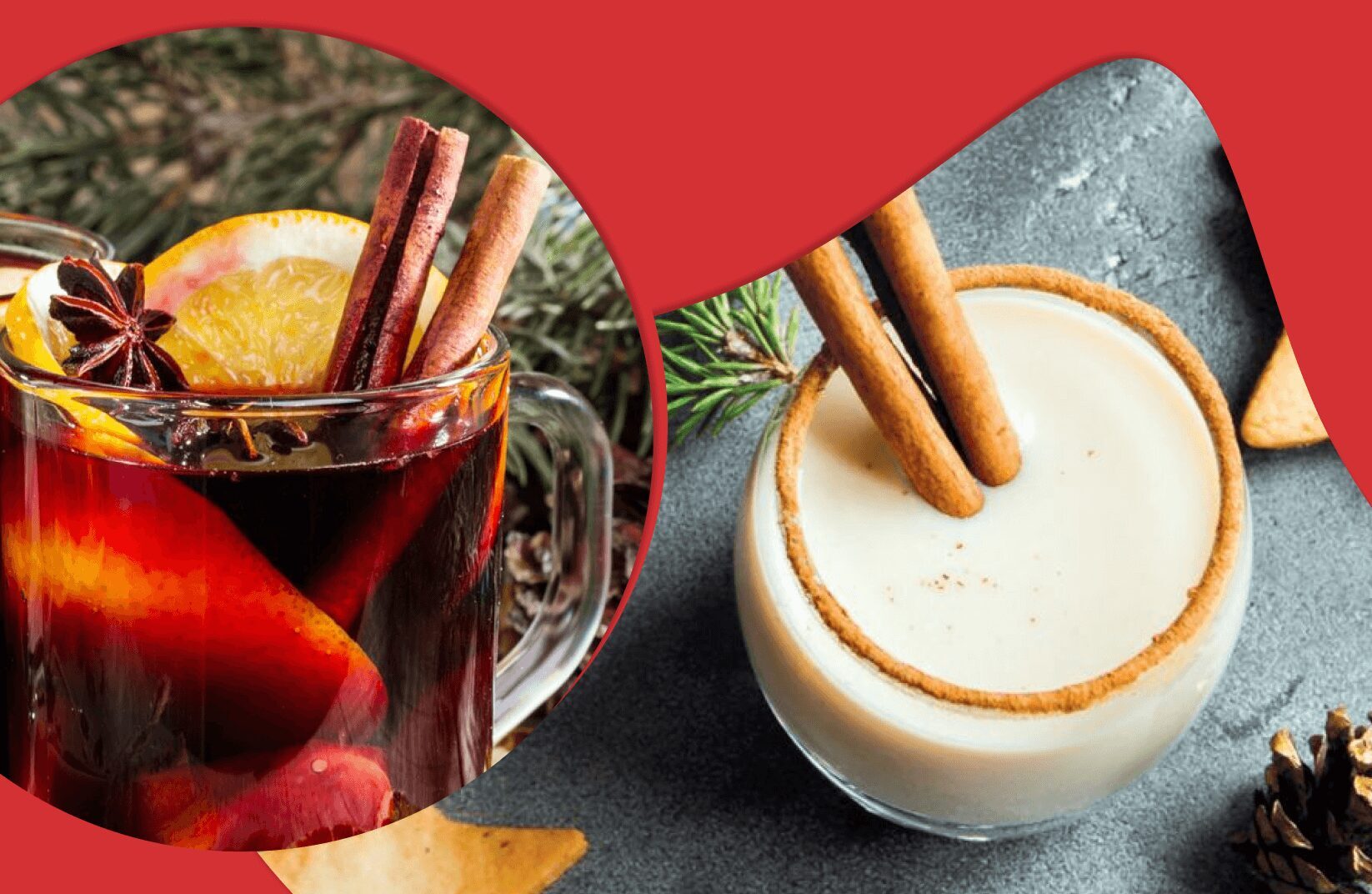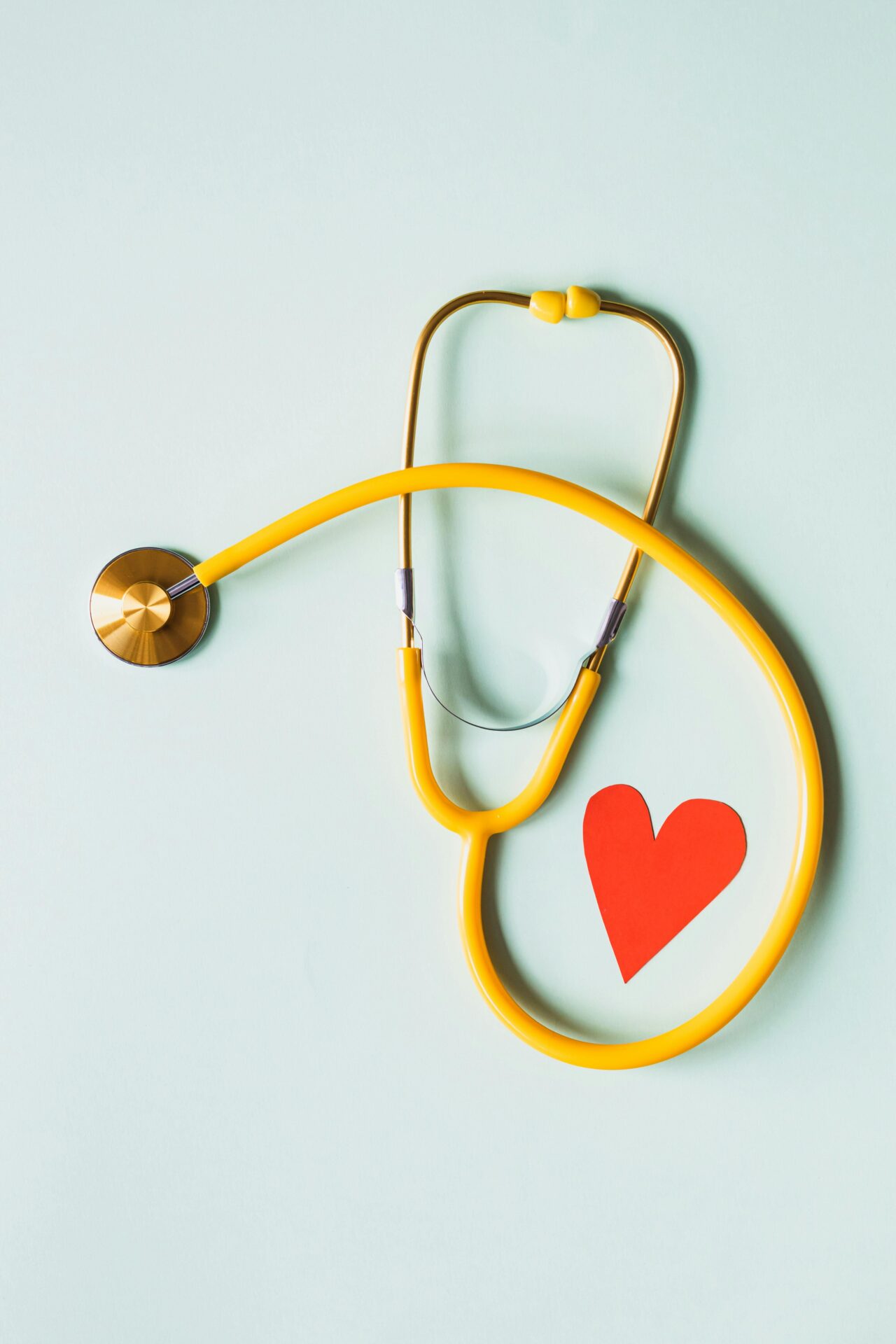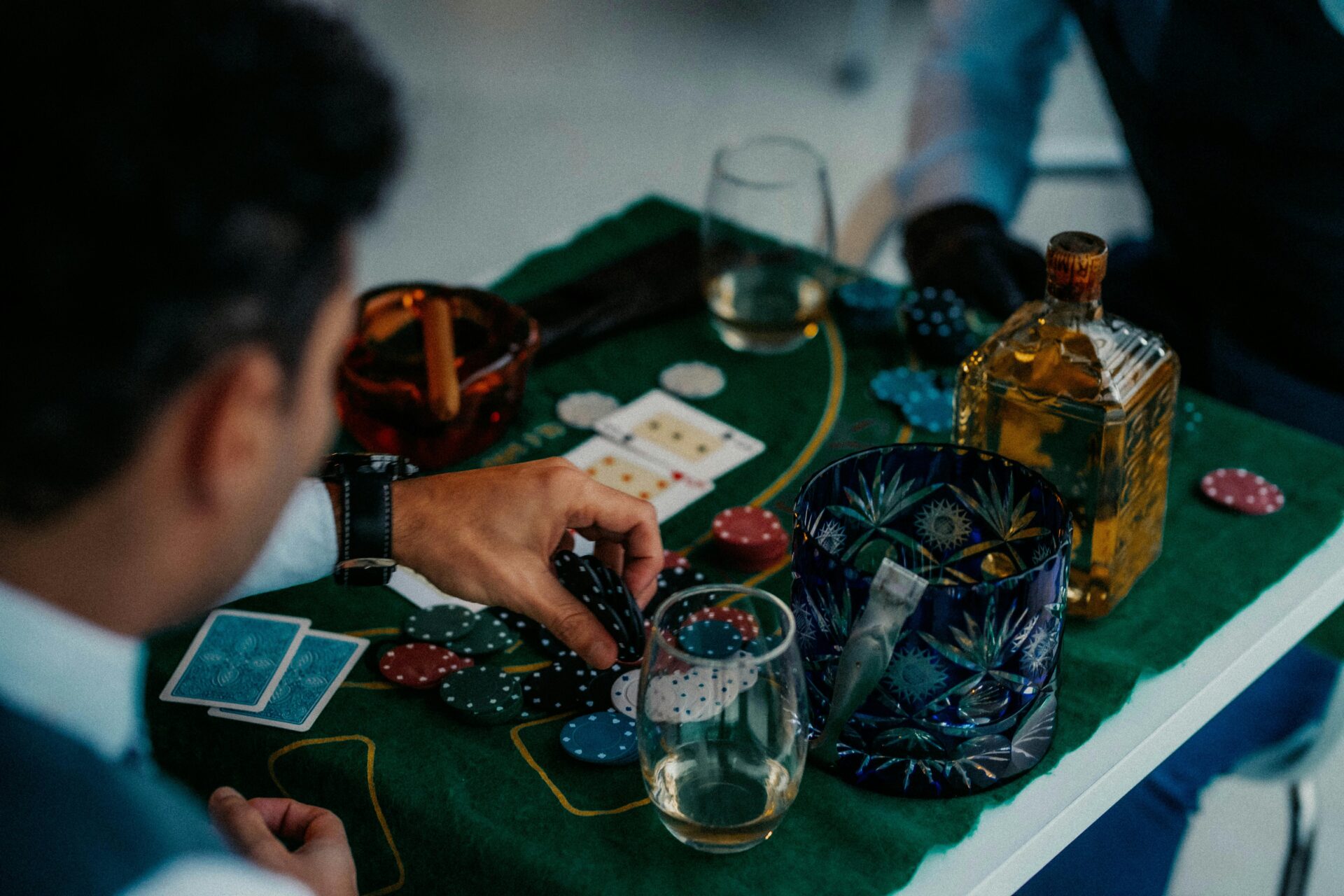The Sober Curious brings authentic stories of people who have chosen a life without alcohol and decided to make a change that brings deeper satisfaction, clarity and inner strength. In this interview, you will meet Karola, a young woman who decided to give up alcohol and her story is proof that a life without alcohol can be not only fulfilling, but also truly liberating.
What led you to decide to stop drinking? Was it a health decision, a life philosophy, religious reasons or something else?
It was a decision that took a very long time to form in me. Many times the well-known “I don’t drink anymore” crossed my mind after some weekend trips. Overall, I was a person who could tolerate a lot of alcohol, a combination of different types in one evening. And if I’m completely honest with myself, I often had a mental monkey, in addition to the classic (physical) one. I regretted the things I said and the way I behaved. Something inside me told me that it wasn’t really me, that I didn’t even want to do it. When I felt physically sick the next day, I always thought: “Why am I doing this? I don’t like it?”. On a physical level, it was always clear to me that it was poison for the body, but I only learned to what extent it was devastating for the organism a few years ago. And it’s incredible to me that a few years ago it was almost not talked about and only now is such a deeper awareness coming.
So the decision to stop drinking took a long time to form in me and I had to mentally grow up to it. What I always knew, however, is that I didn’t want my children to ever see me under the influence of alcohol, or to have to suffer from my post-drunk state. This always screamed loudly in me, despite all the traumas present in the family, which are associated with alcohol. I knew I would make this decision one day, and I never would have thought it would be so liberating.
How has your abstinence affected your relationships with friends, family, or colleagues? How do people react to your decision not to drink alcohol in social situations?
Because I am more honest with myself, all my relationships seem more honest and meaningful. Sitting in a sweaty space with a bottle of wine is no longer my activity. My relationships have naturally become cleaner. Now I only meet people I want to be with, in places I want to be, and that is why I am more satisfied.
People are different and react differently, but I don’t really care. I see my decision to stop drinking alcohol as one of the best decisions of my life. But I must say that I have not encountered a negative reaction in my closest circle of friends, quite the opposite. Several friends have cut down on alcohol or stopped drinking altogether because of my decision. When a friend writes to me that thanks to me she hasn’t drunk for 8 months, I suddenly see how my decision has positively influenced those around me. It’s very motivating to spread this form of awareness further.
How has abstinence from alcohol affected your health or mental well-being?
I sleep better, my skin is clearer, and my mental well-being is incomparably better. I am less anxious, which is influenced by several factors, including a general change in how I spend my free time, more meaningful activities. When a person doesn’t spend most of the next day in bed with pain after drinking, it increases the overall quality of life.
What do you do to relax and have fun instead of drinking? (activities that replace alcohol when relaxing)
I like to go out for a good coffee with friends, with family, and we talk more than somewhere over a beer in a bar, where the music is blaring and you can hear every third word. I’m such a proud coffee shop loner.
What is your opinion on drinking culture in general? How do you perceive today’s alcohol culture, especially among young people? Do you think anything is changing in the way young people approach drinking?
The drinking culture in Slovakia is our culture. We are above the European average for alcohol consumption per person. When I see at a wedding somewhere how the officials toast “homemade” immediately after the ceremony with the newlyweds, it makes me feel bad. Each of us knows at least one family, or comes from one, where alcohol was or is a problem that destroys everyday life. Also, according to statistics from Slovak non-profit organizations, most cases of domestic violence are connected with alcohol consumption. In short, alcohol is a problem.
Young people drink less alcohol, but on the other hand, they often indulge in other drugs. As a society, we should present to young people more often that the best life is a sober life.
How did alcohol affect your life and what was the decisive moment when you decided to quit?
I always took a lot, usually the most in each party. Towards the end of my drinking, it was too much, sometimes I had a glass – two glasses of wine even at home with myself. I couldn’t imagine a life without alcohol at all. That was a big stop for me. I didn’t want to live like that. The most inspiring people to me were always those who were clear-headed and responsibly drove their friends home, not those who were already lying on the floor or on the table at every event. I felt that I had more to offer, that I wasn’t fulfilling my potential with this life.
Compared to my alcoholic period, I feel lighter, more present, and I thank myself almost every day for this decision. I haven’t had alcohol for over a year.
What challenges did you have to overcome when transitioning to abstinence? Did you face difficulties such as cravings for alcohol, peer pressure, or other problems?
I didn’t have a craving for alcohol at all. I guess it’s also because I came to this decision gradually and freely. When I imagine that unpleasant, heavy feeling of alcohol in my stomach after drinking, I really can’t imagine a situation that would lead me to do that.
How has living without alcohol affected your personal growth? Do you feel stronger or more confident knowing that you don’t have to rely on alcohol to have fun or relax?
I feel more confident, freer, and more mature. Sometimes I feel like I found the confidence I was looking for in alcohol only when I was sober. I recommend everyone try it, for a month, two, three. Think about it: “Why do I drink? Why do I need to get drunk? What am I missing in my life? Do I feel good with these people? Is this really me?” Simply, don’t operate on autopilot. Don’t drink because your father drinks, try to live life more present, the way we really want and desire, and not the way it’s expected of us.
How do you handle situations where alcohol is naturally expected, like parties or social gatherings? Do you have any favorite “tricks” to feel comfortable without alcohol?
This was such a nightmare for me. How and if I will ever handle social gatherings. My favorite tricks include not staying unnecessarily where I have to drink to feel comfortable. Not doing things where I have to drink to feel comfortable. And suddenly you realize that you don’t need alcohol to live comfortably. Quite the opposite. Life takes on a completely different quality when you live sober.
But when I go somewhere where I expect there will be a lot of drinking around me, I make sure to bring my own non-alcoholic wine, non-alcoholic beer, etc. and I feel like I “fit in” more.
What advice would you give to girls/guys who are worried that they won’t fit in if they stop drinking?
I would say that maybe they will stop fitting in where they are currently fitting in. The question is, do they want to fit in there forever? And is it even possible to “fit in” somewhere where a person has to be under the influence of something? Wouldn’t that be a contradiction in terms?
I would advise them not to worry about it at all, that one cannot lose real friends when one stops drinking alcohol, at most one can lose one’s so-called “drinking buddies”. Is it really a loss of anything? One gains much more by making this decision. When I see all the lives destroyed by alcohol, I constantly wonder why we as a society don’t do anything about it.
If you had to mention one thing that you gained by not drinking alcohol, what would it be?
Just one thing? A clearer mind.
Finally, we would like to take this opportunity to thank Karola for the interview and we will keep our fingers crossed for her in life.
